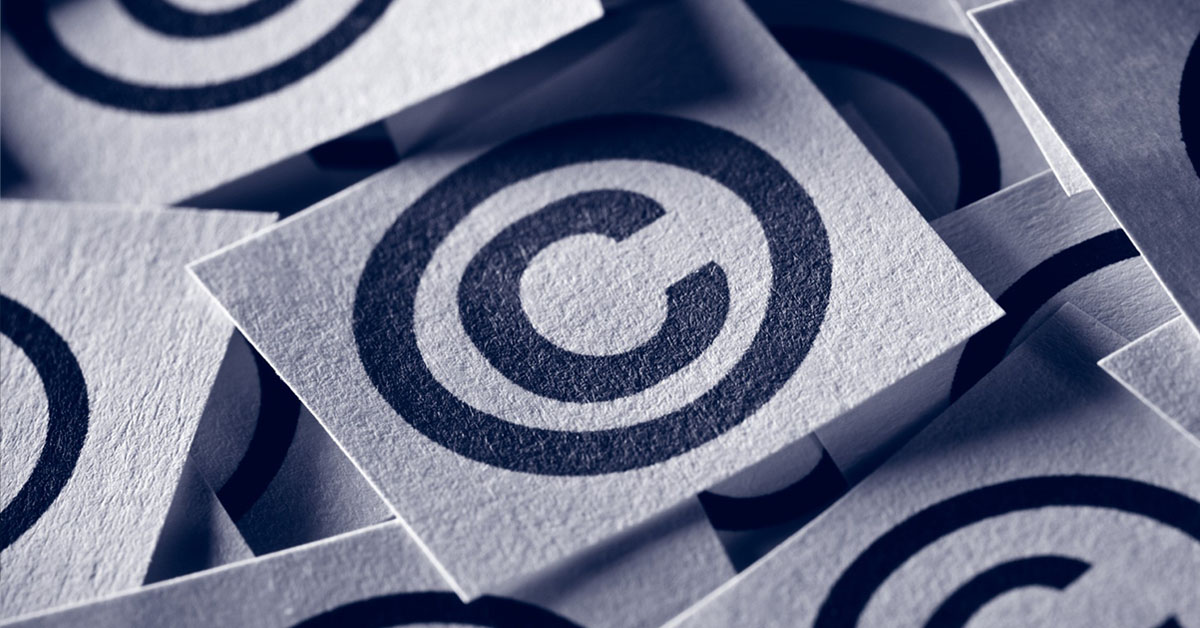“The purpose of copyright and related rights is twofold: to encourage a dynamic creative culture, while returning value to creators so that they can lead a dignified economic existence, and to provide widespread, affordable access to content for the public.”
– World Intellectual Property Organisation
What does copyright protection entail?
Copyright is a legal term describing the rights and privileges given to the creators and owners of certain types of works. In essence, copyright protects the material embodiment of a person’s creative effort, to the extent permitted by law.
Which works are protected by copyright?
Provided that the requirements for protection have been met, the Intellectual Property Law No. 7 of 2002 (“Copyright Law”) of Qatar generally extends protection to literary and artistic works. These types of works are defined to include:
- books, pamphlets and other written works;
- works delivered orally, such as lectures, speeches, poems and hymns;
- dramatic and musical dramatic works;
- musical works, irrespective of whether they are accompanied by words;
- designs of rhythmic movements;
- pantomimes works;
- audio-visual works;
- photographic works;
- works of applied art, whether handicraft or industrial in nature;
- drawings and paintings with lines and colours;
- works of architecture;
- sculptures, decorated arts, engravings, sketches, designs and geographic and topographic works; and
- computer programs.
The Copyright Law also protects translations, summaries, alterations, explanations and other modifications to these works.
Finally, protection is afforded to creative collections, databases and expressions of folklore.
Are ideas, methods or concepts protected by copyright?
Copyright does not protect ideas, methods or concepts per se, but, rather, the material embodiment of these expressions. The Copyright Law specifically states that protection is not afforded to procedures, operational methods, mathematical concepts, principles and ‘mere data’, unless they are represented as creative works.
What does copyright provide?
The owner of a copyright work is afforded the exclusive right to perform certain acts in relation to the work, including its: reproduction; translation; distribution for sale; public performance; musical arrangement; transformation; and making excerpts from the work.
The Copyright Law affords the owner of audio-visual works and computer programs the right to rent the works out to the public.
The original author of a copyright work also retains what is called ‘moral rights’ over it. These include the author’s right: to have his name or pseudonym indicated on the work; to choose not to have his name indicated on the work; to object to and prohibit any distortion, deformation or any other modification to the work; and to object to and prohibit any other use of the work which would be prejudicial to the author’s honour or reputation.
Are performers, such as musicians or actors, protected by copyright?
Performers are granted certain ‘special’ rights under the Copyright Law to protect them from being exploited, particularly in monetary terms.
How long does copyright last?
Generally, copyright protection is granted for the lifetime of the author and another 50 years after his or her death.
In the case of published works, copyright protection exists for 50 years after the date of first publication or, if the work has not been published, then 50 years from the date of completion of the work.
The author’s moral rights exist in perpetuity.
What remedies are there if someone infringes another’s copyright?
The Courts, for example, are empowered under the Copyright Law to: orders prohibiting infringement; order the seizure of infringing copies and any materials used in the reproduction of the copyright works; ordering appropriate indemnification and compensation as provided for in the applicable law.
How does copyright protection come into being? Do you need to register copyright in order for it to be protected?
It is not necessary to register copyright in Qatar in order to benefit from the protection afforded under the Copyright Law. It is, however advisable to do so, where possible, to ease the evidentiary burden on its owner to prove that copyright subsists. If the copyright owner decides to register its copyright, this can be done at the Intellectual Property Protection Department at the Ministry of Commerce and Industry.
Are there exceptions to copyright protection?
Yes, for example, copyright is not infringed where: the work is used exclusively for personal use through reproduction, translation, quotation, musical arrangement, acting, broadcast listening, or television watching; and the work is used for teaching purposes, to the extent required to attend to this purpose, and provided that the use is not for profit and the source as well as the name of the author are indicated.
There are conditions to the exclusions to copyright infringement, such as that the use must be reasonable and not prejudice the copyright owner.

E: dubai@cwblegal.com
T: (971) 4 381 6888
E: doha@cwblegal.com
T: (974) 44 101562


